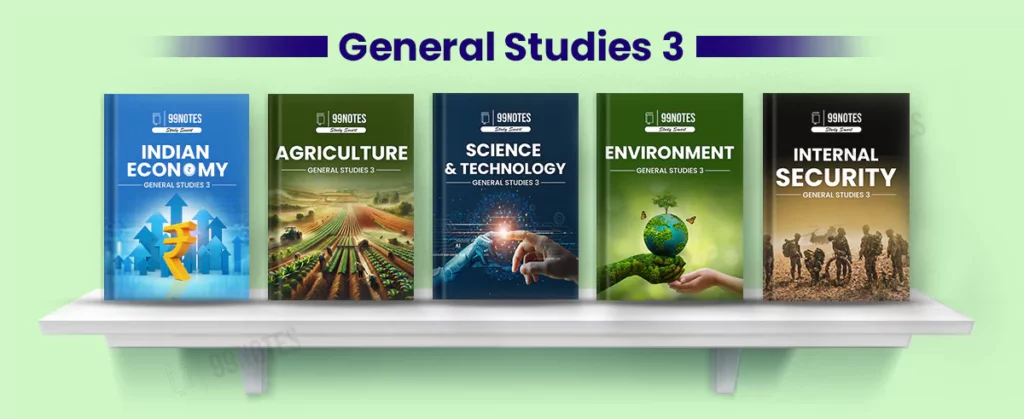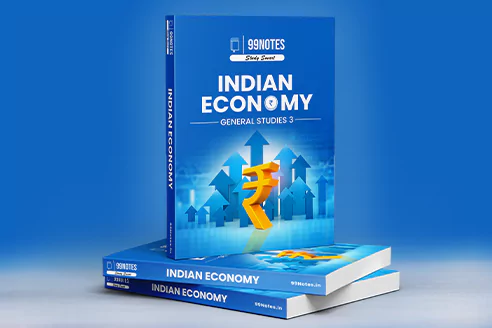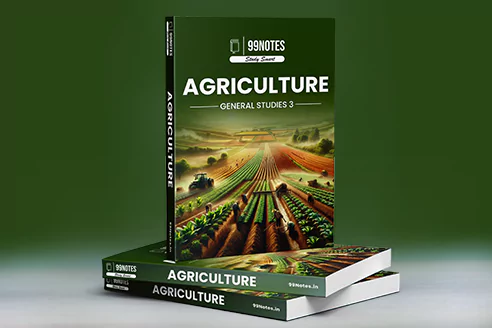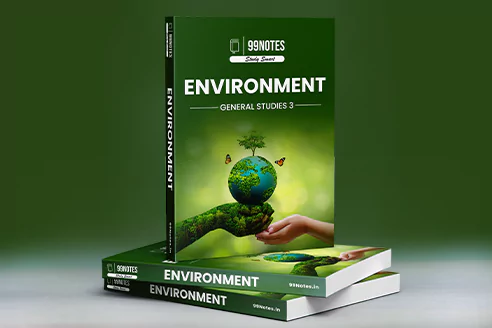
General Studies 3 Complete Syllabus & Notes Download

Indian Economy
It is important for both Mains and Prelims perspectives. It also covers Economic planning, the budget-making process, distribution of limited resources, generating more resources, borrowing of money etc. It’s important to understand the factors affecting economic growth and development. For example, how Industrialisation, urbanisation, skill development, Technology, labour reforms, women empowerment, etc., can lead to inclusive growth needs to be understood.

Agriculture
Agriculture is one of the most rewarding subjects from both Mains and Prelim’s perspectives. It covers various cropping patterns throughout the country, different types of irrigation systems, agricultural marketing, E-Technology for farming support, farm subsidies, MSPs etc.

Science & Technology
“Science & Technology” is one of the most dynamic topics of General Studies, which requires continuous updation using Newspapers and Magazines. The UPSC expects you to be aware of the basic developments in the field of ICT, space, nanotechnology, robotics, genetic engineering etc., along with their applications & effects in everyday life, from both Prelims and mains perspective.

Internal Security
The study of internal security is important for Mains. It covers various issues plaguing India at borders and within, such as Naxalism, fundamentalism, insurgency, border infiltration etc. And also, the role of the external state (Pakistan, China etc.) and non-state actors (e.g. Media, NGOs, activists etc.) have aggravated these challenges.
GS 3 Syllabus
The General Studies (GS) 3 paper of the UPSC Civil Services Examination (CSE) is one of the four papers in the main examination. It tests candidates on a range of topics related to the Indian economy, agriculture, industry, trade, and infrastructure. The GS 3 paper is designed to assess the candidate’s understanding of economic and social issues and their ability to analyze and present a logical argument on these issues.
The GS 3 paper consists of 125 multiple-choice questions, each carrying 2 marks. The total marks for the GS 3 paper are 250. The questions are designed to test the candidate’s knowledge of the subject matter as well as their analytical and problem-solving skills.
The GS 3 paper is an important component of the CSE, and a good performance in this paper can significantly boost a candidate’s chances of success in the overall examination. It is therefore important to prepare well for this paper and to be familiar with the topics covered.

